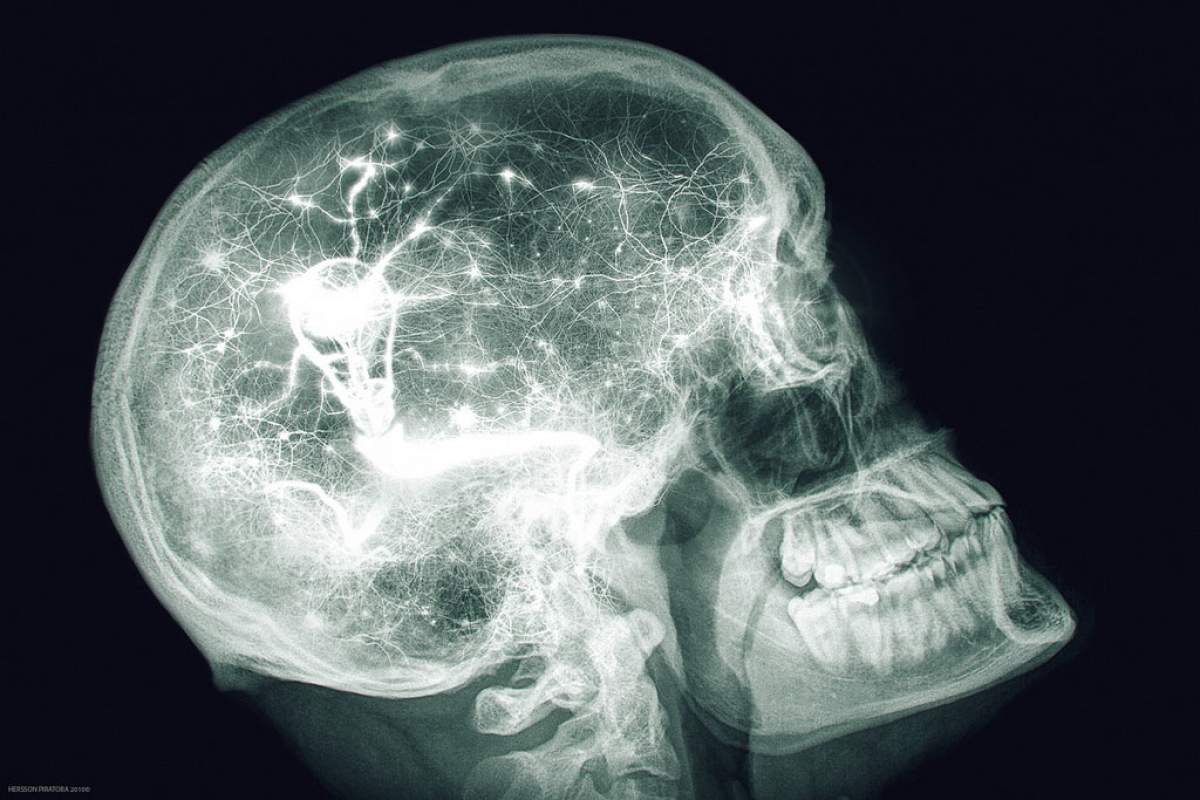
For some people, like those with dementia or serious brain trauma, memory deficit can impair the ability to recall procedures as fundamental as using the telephone. A new brain implant, or so-called "cognitive prosthetic," designed by researchers at the University of Pennsylvania and Thomas Jefferson University, has been shown to boost memory performance.
Is this development hopeful news for people living with memory damage, or a cause for concern? Let‘s consider how this implant works.
Information Processing
Much like a pacemaker, the implant is an array of electrodes that sends electrical pulses to the brain when it‘s struggling to store new information. The implant stays in a kind of sleeper mode as long as no new information needs encoding.
If the brain falters and doesn‘t deliver the appropriate signal to store a new bit of information, the memory implant delivers a stimulus to the brain to correct the misfire. The device is designed as an aid for memory storage, not memory retrieval.
In a 2017 study, the memory implant was shown to improve a person‘s ability to retain words by about fifteen percent--which can help preserve that person‘s inventory of words threatened by Alzheimer‘s disease.
The researchers point out that this technology is still experimental--though they are moving to commercialize it. But they warn of the potential misuse of a memory-booster technology--pointing out that the implant isn‘t a study aid to boost academic performance, for example.
A device that helps keep details, like who to call in an emergency, intact is an opportunity for many patients, but it may also present ethical risks we need to consider.
If you want to keep reading about how memory works, you can read this article about the link between emotions and memory.
Thank you to David Balota of Washington University in St. Louis for reviewing this episode's script.
Sources And Further Reading:
- Carey, Benedict. "A Brain Implant Improved Memory, Scientists Report." The New York Times. February 6, 2018. Accessed May 23, 2018.
- Carey, Benedict. "The First Step Toward a Personal Memory Maker?" The New York Times: Mind. February 12, 2018. Accessed May 23, 2018.









